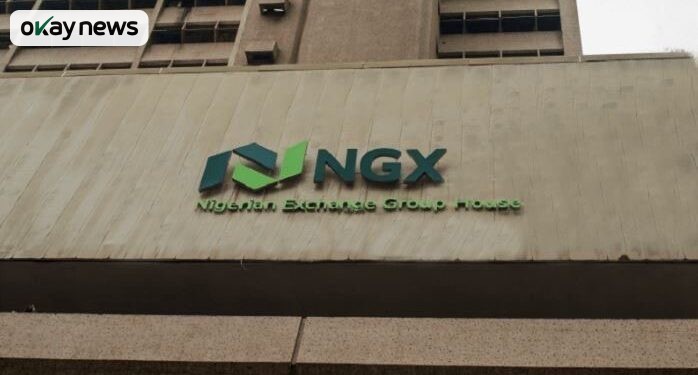Lagos State achieved stronger-than-expected results in its latest bond issuance, securing N310 billion against an initial N200 billion target after investors submitted bids exceeding the offer size by 55 percent.
The state confirmed the outcome through its official channel on the global platform X, noting that its N14.8 billion Green Bond also drew significant interest. That instrument closed at N29.29 billion, representing a 97.7 percent oversubscription. Lagos described the Green Bond as Nigeria’s first sub-national issuance dedicated to climate-focused projects.
Authorities stated that the conventional bond marks the largest borrowing ever undertaken by a non-corporate sub-national government in Nigeria. Proceeds from both issuances will be directed toward projects under the THEMES+ development plan, including transport, healthcare, education, and environmental programmes aimed at improving public infrastructure and long-term service delivery.
Governor Babajide Sanwo-Olu, leader of Lagos State in Nigeria’s southwest, said the subscription levels reflect wider confidence in financial reforms across the country. He linked the performance to ongoing macroeconomic adjustments in Nigeria and referenced the recent oversubscription of the Federal Government’s Eurobond as part of the broader context. He added that Lagos’ planning framework and consistent private-sector support continue to strengthen its fiscal position.
Sanwo-Olu restated the administration’s commitment to maintaining disciplined financial management, transparency, and a stable environment for commercial activity. He said the state will continue advancing its ambition to reinforce Lagos’ role within the global financial landscape.
Lagos returned to the domestic debt market in early November 2025 seeking up to N200 billion under its N1 trillion Debt and Hybrid Instruments Issuance Programme. The 10-year bond opened on 6 November at a pricing range of 16.15 to 16.25 percent, with investors submitting indications of interest through 13 November 2025. The state’s investment-grade ratings—Aa- from Agusto & Co. and AA- from GCR Ratings—supported the strong demand.







